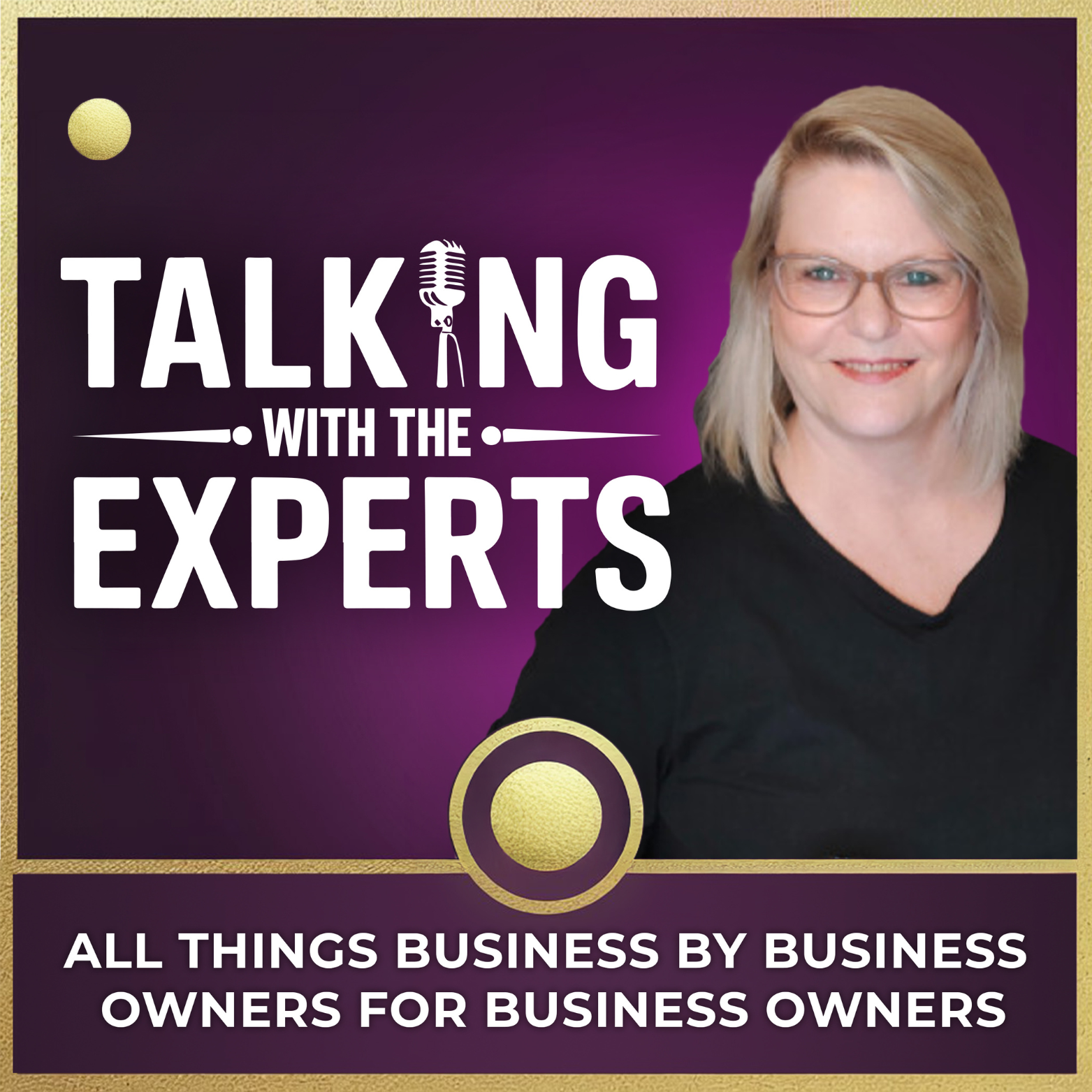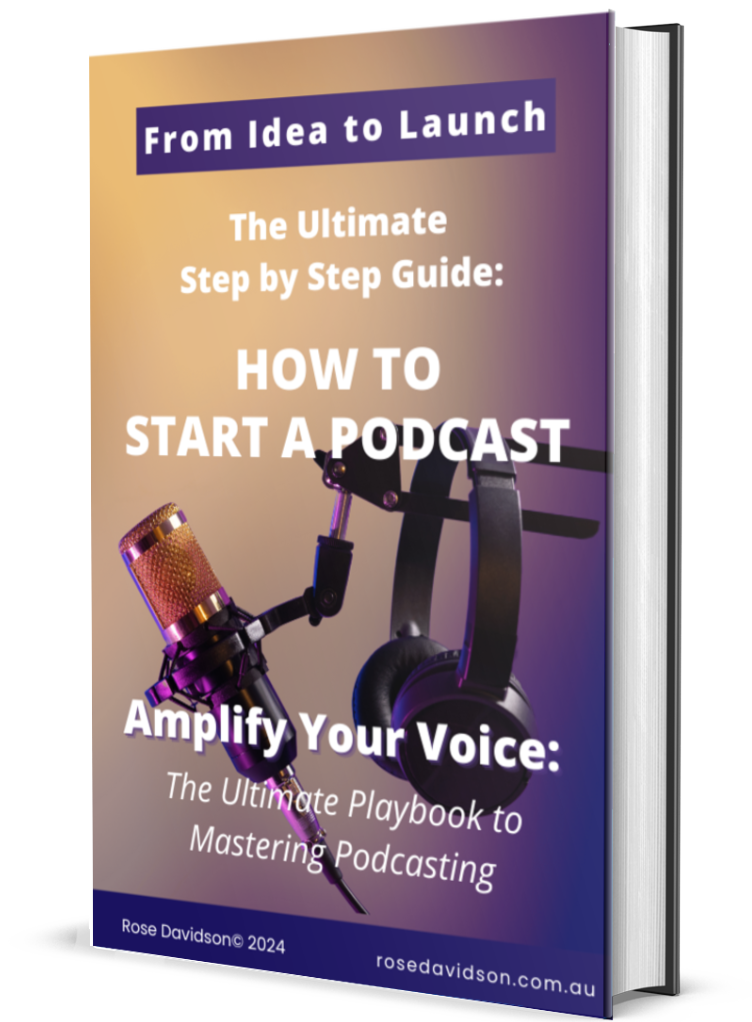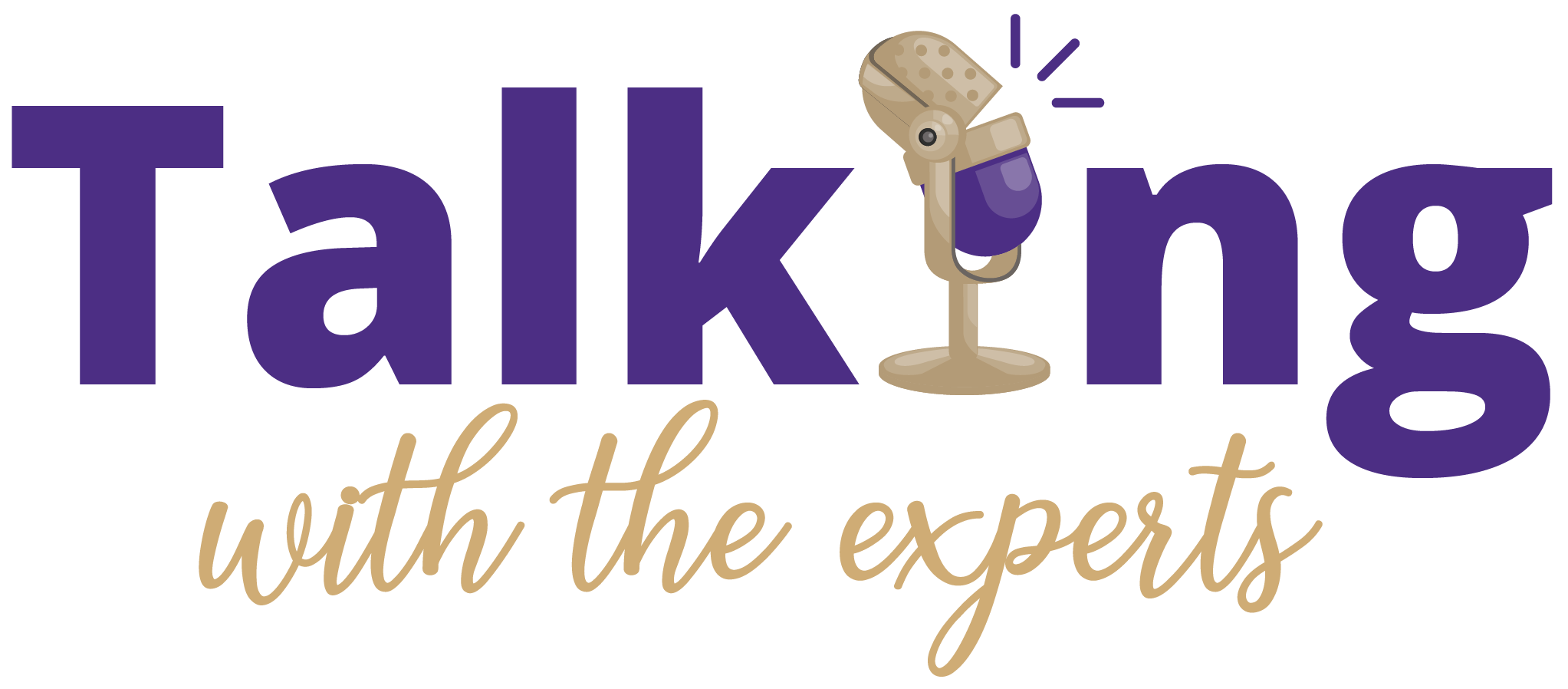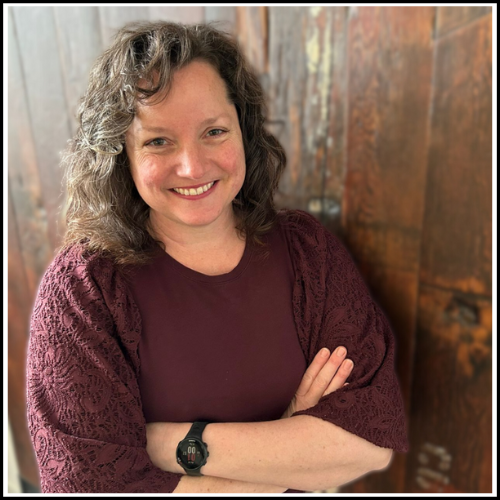Guest
Suzy Vadori
Suzy's Bio
Suzy Vadori is a bestselling author and Advanced Certified Book Coach who helps entrepreneurs and professionals turn their expertise into compelling nonfiction books. Her YA fantasy series, The Fountain, has been nominated three times for the prestigious Aurora Award, and she is represented by Naomi Davis of Bookends Literary. Suzy is the founder of the Inspired Writing Community, a Resident Writing Coach for Writers Helping Writers, and serves as a Program Manager for the festival When Words Collide. Through her unique coaching approach, Suzy simplifies complex writing concepts and empowers even first-time authors to craft business-boosting books. Her mission is to help entrepreneurs create nonfiction books that position them as credible experts in their field.
Where to find other episodes
About this episode
Have you ever wondered if a book could grow your business?
When Suzy Vadori began writing, it was fiction. But when she stepped into the world of book coaching, she discovered a powerful pattern: entrepreneurs who wrote books were growing faster, gaining credibility, and connecting deeper with their audiences.
In this value-packed episode of Talking with the Experts, Rose Davidson sits down with Suzy to discuss how business owners can use nonfiction books to support and scale their businesses. Whether you’re brand new to writing or have an idea that’s been stuck in your head for years, Suzy offers a practical and encouraging path forward.
She explains what a book coach actually does, how writing a nonfiction book can elevate your authority, and how to approach writing—even if you’ve never considered yourself a writer.
From uncovering your core message to structuring your first draft, this conversation is packed with insights for entrepreneurs ready to level up their brand visibility and impact.
If you’ve ever thought, “I should write a book,” this episode is your sign.
🎧 Listen now to discover how your story and expertise can open new doors.
Outline
Susie Vadori’s Background and Expertise
- Susie Vadori is a best-selling author of The Fountain series which has received three Aurora nominations for Best Young Adult Novel.
- She is represented by Naomi Davis of Bookends Literary Agency and is the founder of the Inspired Writing Community.
- She serves as a resident writing coach for Writers Helping Writers and is an advanced certified book coach from Jenny Nash Author Accelerator.
- She specializes in breaking down complex writing concepts for newer writers into manageable steps.
Susie’s Career Transition from Business to Writing
- Susie worked in banking and manufacturing for 20 years and served as a chief operating officer at a company.
- She began writing seriously during maternity leave with her third child 14 years ago, initially thinking it would be a hobby.
- Her writing career took off after her second book was published and people began asking her to teach and support other writers.
- She transitioned to coaching both fiction and nonfiction writers, leveraging her deep business knowledge and background.
Definition and Role of a Book Coach
- A book coach is described as the Cadillac version of having somebody in your corner, similar to having a personal trainer for your writing life.
- Book coaches provide three main services including project management, writing craft instruction, and emotional journey support.
- They help busy business owners slot book writing into their schedules by setting deadlines and reviewing progress together.
- Book coaches teach writing craft in a systematic way that business owners can understand, explaining the impact of different approaches on readers.
- They provide emotional support during the ups and downs of the writing process and help clarify what authors truly want to accomplish with their books.
How Nonfiction Books Support Business Growth
- Writing a book provides instant credibility because it demonstrates expertise and confidence in one’s field.
- The process of writing a book helps business owners hone their messaging and refine their processes.
- Susie has observed clients experience significant business growth, including one client who increased her business tenfold during the writing process.
- The book writing process helps entrepreneurs identify what makes them special or different from competitors.
- Writing a book forces business owners to articulate their unique value proposition and understand why clients choose their services.
Common Mistakes in Business Book Writing
- Many entrepreneurs come with no clear idea of what they want to write about, requiring upfront work to clarify their focus.
- Business owners often present a table of contents that reads like a reference manual or textbook rather than an engaging narrative.
- Modern business books should not be written as reference manuals but should infuse personality and take readers on a journey.
- Authors frequently try to write for everyone rather than narrowing their focus to a specific target audience.
- Many writers use formal business writing techniques in every chapter, creating repetitive and boring content.
Applying Fiction Writing Techniques to Nonfiction
- Nonfiction books should follow a story structure similar to fiction, with a beginning, middle, end, rising action, and climax.
- In nonfiction business books, the reader serves as the protagonist or main character of the story.
- Authors should map out the reader’s journey from where they start at the beginning of the book to their transformation by the end.
- The book should include an “aha moment” or climax where readers feel compelled to share the insights with others.
- Each chapter should build on the previous one rather than standing alone as independent topics.
Target Audience and Reader Focus
- Authors must identify their ideal reader and write specifically for that person rather than trying to appeal to everyone.
- When a book is written for a specific audience, it will naturally attract that primary audience while also being valuable to others.
- Narrowing the audience and knowing who you’re talking to makes the writing process more focused and effective.
- Understanding the target reader helps authors take them on a meaningful journey throughout the book.
Publishing Options and Approaches
- There are three main publishing routes including independent publishing (self-publishing), traditional publishing, and hybrid publishing.
- All three publishing approaches are equally acceptable and have similar credibility in today’s market.
- Authors are expected to promote themselves regardless of which publishing route they choose.
- Traditional publishing requires an agent and involves a longer timeline that could take up to three years.
- For time-sensitive topics, traditional publishing may not be suitable due to the extended timeline.
Traditional Publishing Process
- Traditional publishers require authors to work with agents who don’t accept unsolicited manuscripts.
- The process involves querying agents, who then work with authors before going on submission to publishers.
- Nonfiction authors can sell their books on proposal without finishing the entire manuscript first.
- Authors can get paid to finish their book after selling it on proposal to a traditional publisher.
- The proposal serves as a business case for the book, demonstrating why there’s a market for it.
Platform Building and Marketing Strategy
- Nonfiction readers are buying the author as much as they’re buying the content, making platform building essential.
- Authors should identify where their target readers spend time and how to reach them effectively.
- Building an audience should begin while writing the book, not after publication.
- Authors can start promoting their book as soon as they know their publication date, even before the book is finished.
- Having an audience waiting for the book launch, even if small, is better than having no audience at all.
Timeline and Publication Strategy
- Authors shouldn’t rush to publish unless their topic is time-sensitive.
- Starting promotion early allows authors to milk the book’s value over several years rather than rushing to market.
- A book published in 2027 will still be considered new in 2028, whereas a book published in 2025 will be three years old by 2028.
- Authors can leverage their “upcoming book” status for speaking engagements, podcast appearances, and article writing opportunities.
- Planning a longer timeline allows for better platform building and audience development.
Next Steps
- Business owners interested in writing nonfiction books should consider working with a book coach to clarify their goals and develop a strategic approach.
- Authors need to determine their target audience and map out the reader’s journey before beginning the writing process.
- A decision should be made regarding publishing approach based on timeline requirements and business objectives.
- Platform building and audience development should begin during the writing process rather than after publication.
Keypoints
- Suzy Vadori transitioned from a 20-year career in banking and manufacturing to become a best-selling author, book coach, and founder of the Inspired Writing Community, specializing in helping both fiction and non-fiction writers.
- A book coach provides project management support by setting deadlines, teaches writing craft by breaking down complex concepts, and offers emotional journey support throughout the book writing process.
- Writing a nonfiction book gives business owners instant credibility and helps them hone their messaging and processes, with some clients experiencing significant business growth even before publication.
- The process of writing a book helps entrepreneurs identify what makes their business special or different, clarifying their unique selling point and why customers choose their services.
- Modern business books differ from traditional textbooks by infusing personality and creating a journey for the reader, who becomes the protagonist of the nonfiction narrative.
- When writing a business book, it’s important to map out the reader’s journey rather than just creating a list of topics, focusing on the transformation the reader will experience.
- For business owners who already have content like e-books, online courses, or articles, there are specific techniques to transform shorter content into a cohesive book that builds progressively rather than wrapping up each chapter.
- Publishing options include independent publishing (self-publishing), traditional publishing through agents and publishers, or hybrid publishing, with each having different benefits depending on the book’s timeliness and the author’s platform.
- Nonfiction authors can write a book proposal (including three chapters and a business case) to query agents and publishers before completing the entire manuscript, potentially getting paid to finish the book.
- Building a platform and audience before publication is crucial for nonfiction authors since readers are “buying you” rather than just the content.
- Authors should consider their publication timeline strategically, as rushing to publish might not be necessary unless the topic is time-sensitive, and promoting an upcoming book can help build anticipation and audience.

If you liked this podcast episode, don’t forget to subscribe via your favorite podcast platform and leave a review so we can continue to bring you more episodes!
Be a guest
Ready to start your podcasting journey?
Grab your copy of “The Ultimate Step by Step Guide on How to Start a Podcast“!
🎙️ This e-book is packed with everything you need to know, from planning and recording to launching and growing your podcast. Whether you’re a beginner or looking to enhance your skills, this guide has you covered.
Don’t wait—start turning your podcast dreams into reality today!

Sign up for our newsletter
#NonfictionBookCoach #WritingForBusiness #SuzyVadori #ExpertBranding #EntrepreneurTips #BusinessBookStrategy #PodcastInterview #TalkingWithTheExperts

